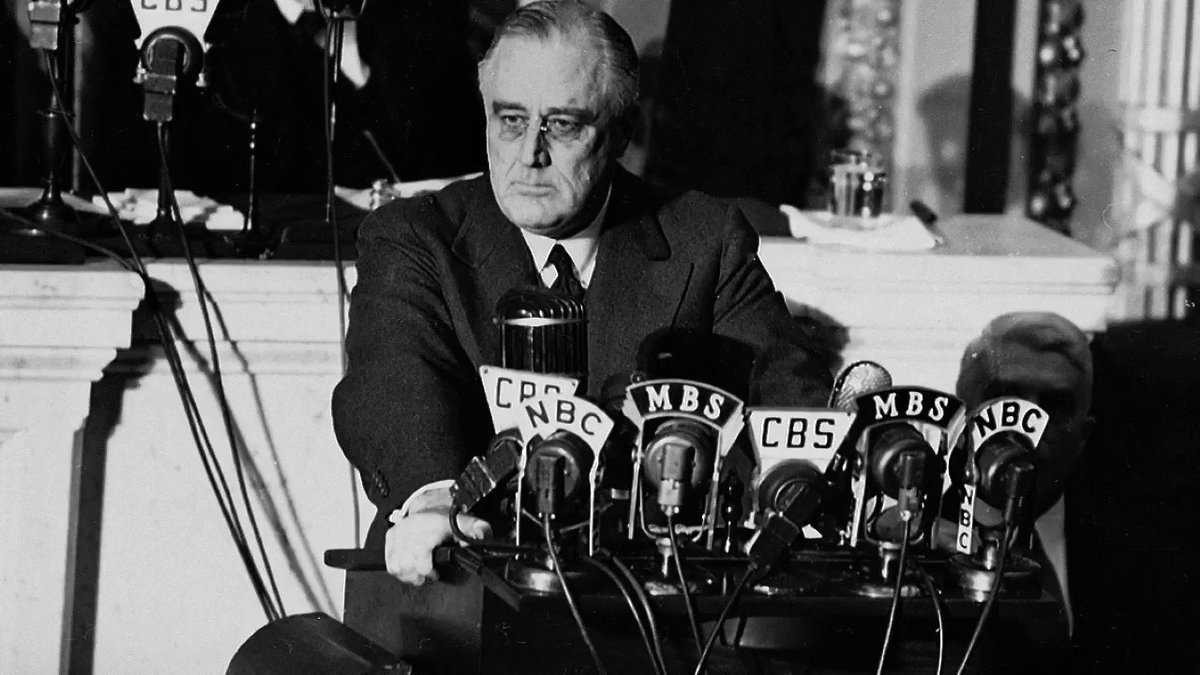I’m looking forward to this afternoon’s conversation between Deputy Attorney General Rosenstein and my good friend and our former Secretary of Education,
And there is a lot to celebrate.
Before we begin, I ask you to indulge me in some thoughts.
We have the oldest written Constitution still in use— 231 years. This brilliant document has stood the test of time.
They believed that from competing ideas, good ideas would dominate the false. Congress allowed prolonged debate and protected members from libel laws.
This passion for justice has been a part of American life from the beginning. But, we acknowledge that the principle has suffered at times.
Today, freedom of speech and thought have come most under attack on the college campus. That should shock us.
But, many are departing from these principles. Or, most perhaps most dangerously, they have abandoned principle and truth altogether.
As Americans, we know that it’s far better to have a messy and contentious debate than to suppress the voices of dissenters – even though on occasion we forget these values.
I’d like to briefly discuss a few examples.
The Department got involved and we filed a statement of interest in this case.
The student sued and we filed a statement of interest on his behalf.
And so the Department of Justice filed a statement of interest in this case, as well.
At the end of May, we also filed a statement of interest in a lawsuit against the University of Michigan.
This has gone too far. It must end. This country protects noisome assembly, immoderate speech and provocative speech.
We have reached a pivotal, perhaps even an historic, moment. It is time to stand up to the bullies on campus and in our culture.
We are going to keep fighting for the great freedoms vouchsafed to the American people.
And we will endeavor to do so according to the highest constitutional standards. And we plan to keep winning.




